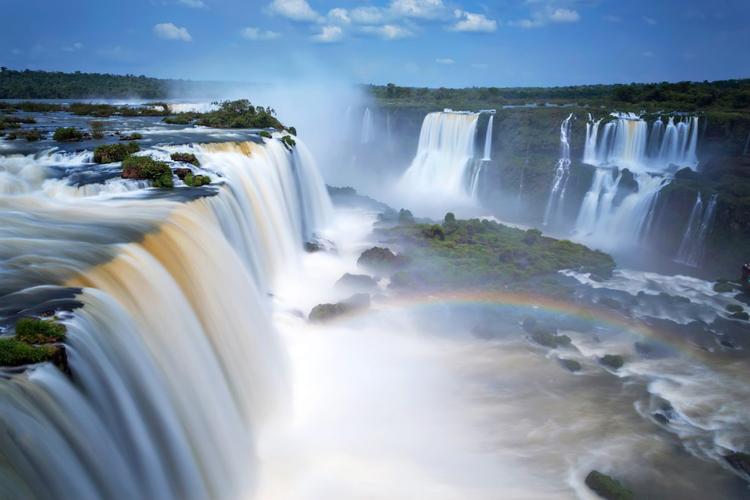Exploring the Richness and Significance of Aboriginal Cultural Heritage
Aboriginal cultural heritage is a priceless asset that has been passed down from generation to generation. The richness and significance of this heritage are immense, and it is our responsibility to explore and preserve it for future generations. In this blog post, we will discuss the importance of Aboriginal cultural heritage and how it has shaped the way we see the world today.
The Importance of Aboriginal Cultural Heritage
Aboriginal cultural heritage is an integral part of Australian history, spanning back tens of thousands of years. This heritage is a reflection of the rich and diverse cultural traditions that have been passed down through the generations. It represents the unique beliefs, customs, and practices of the Aboriginal people, and it is a testament to their resilience and adaptability in the face of adversity.
One of the most significant aspects of Aboriginal cultural heritage is its connection to the land. The Aboriginal people have a deep spiritual connection to the land, which is reflected in their beliefs and practices. They view the land as a living entity, and everything in it is interconnected. This connection to the land has been essential in preserving the environment and maintaining a sustainable way of life.
The Threats Facing Aboriginal Cultural Heritage
Despite the immense value of Aboriginal cultural heritage, it is currently facing many threats. One of the most significant threats is the destruction of cultural sites. These sites are often destroyed due to development or resource extraction activities, which poses a significant risk to the preservation of Aboriginal cultural heritage.
Another significant threat is the loss of traditional knowledge. The rapid social and cultural changes of recent times have led to the erosion of traditional knowledge systems. This has resulted in the loss of important cultural practices and beliefs, which have been central to Aboriginal culture for thousands of years.
The Role of Education in Preserving Aboriginal Cultural Heritage
Education has an important role in the preservation of Aboriginal cultural heritage. It is essential to teach the next generation about Aboriginal cultural heritage and promote its value to society. This education should be grounded in respect for Aboriginal culture and traditions, and it should be done in collaboration with Aboriginal communities.
One way to promote education is through the use of cultural tourism. Cultural tourism can help to raise awareness of Aboriginal culture and heritage and provide opportunities for people to experience it firsthand. This type of tourism can also provide economic benefits to Aboriginal communities and contribute to their sustainable development.
Conclusion
Aboriginal cultural heritage is a priceless asset that should be protected and preserved for future generations. It is essential to recognize the immense value of this heritage and work together to address the threats facing it. Through education and collaboration with Aboriginal communities, we can ensure that this rich and significant heritage continues to be celebrated and respected.
(Note: Do you have knowledge or insights to share? Unlock new opportunities and expand your reach by joining our authors team. Click Registration to join us and share your expertise with our readers.)
Speech tips:
Please note that any statements involving politics will not be approved.
